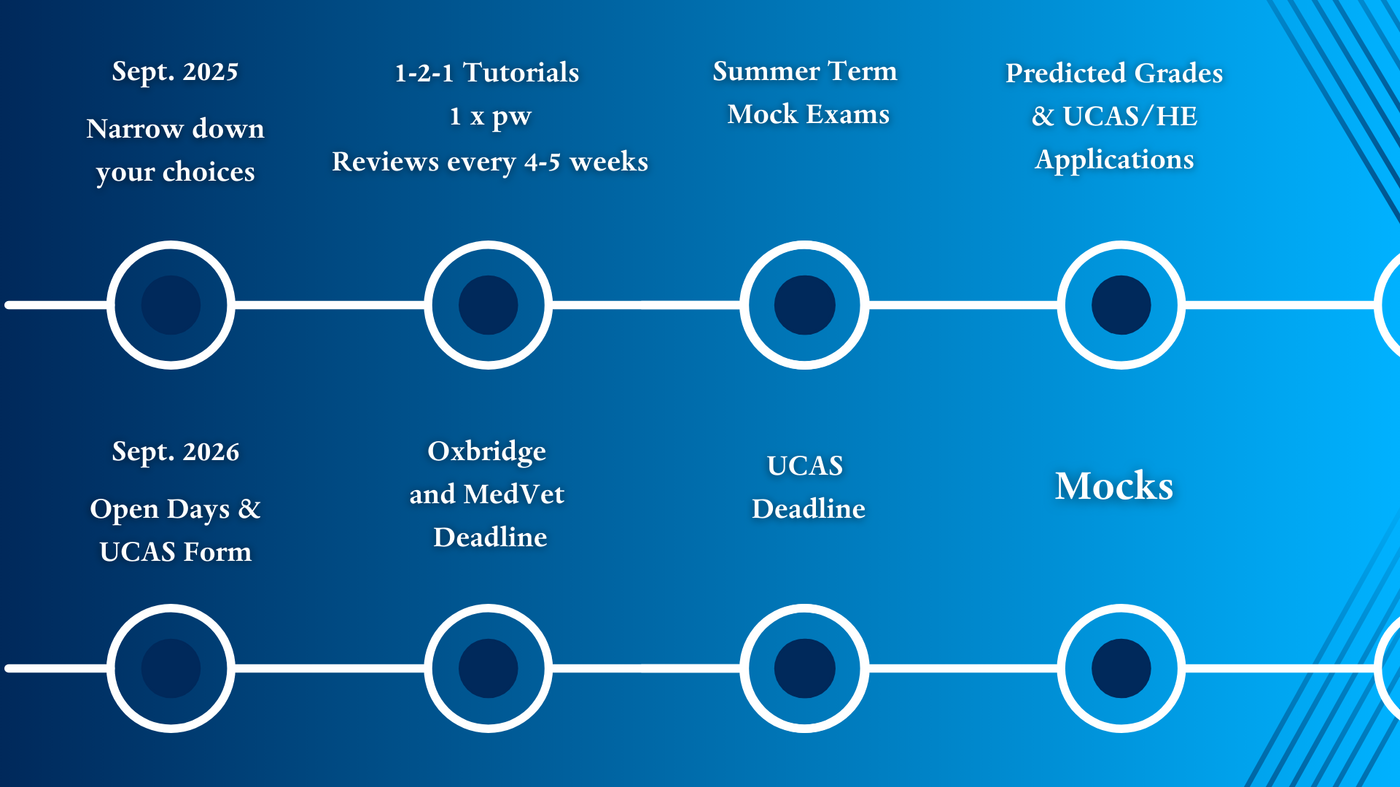
A-level & BTEC
As a member of Godolphin Sixth, you will work closely with dedicated, experienced teaching and pastoral staff in order to achieve your academic and personal potential. We are rightly proud of the excellent academic opportunities available here, and of Godolphin Sixth's philosophy and environment, which will enable you to develop leadership skills and to become an independent learner with a strong sense of personal responsibility and self-motivation, ready for whatever your future may hold.
Here you will learn in partnership with the academic staff, and smaller teaching groups allow for considerable individual guidance, enabling you to get the most out of your chosen subjects. In readiness for higher education, you have a significant amount of freedom and independence and can choose when and how you study. We will help you to learn how to manage your time so that you can keep on top of your work and enjoy Godolphin Sixth life to the full.
Being part of Godolphin Sixth is an unforgettable experience, and the many benefits will last a lifetime. Our Future Skills Programme offers an outstanding range of enrichment opportunities, and the support and guidance on offer as you progress into higher education or the workplace is exceptional. Our pupils leave us as independent young adults with a practical skill-set, self confidence and a strong sense of self-worth.
We offer a diverse range of A-level and BTEC courses, supported by expert guidance to help pupils select the right combination of subjects - whether they have a specific degree in mind or want to keep their future options open.
Most pupils take three subjects in the Upper Sixth, building on a fourth subject studied in the Lower Sixth. Many also choose to pursue an Extended Project Qualification (EPQ), developing valuable research and independent study skills. Throughout their Godolphin Sixth journey, pupils benefit from close support and oversight from Personal Tutors and the Head of Godolphin Sixth, ensuring they stay on track, challenge themselves, and achieve their full potential.
Please follow this link to the Sixth Form Options Handbook 2025-2027.
“ Pupils of all ages, needs and abilities demonstrate excellent attitudes to learning and are engaged and productive in lessons and clubs. This exemplary, positive approach comes naturally to them due to the studious and collaborative ethos in the school. They take the initiative with their studies and are highly motivated and aspirational in all areas. Expectations of all pupils are high, support is readily available and pupils embrace the culture of high achievement at all levels. ”


